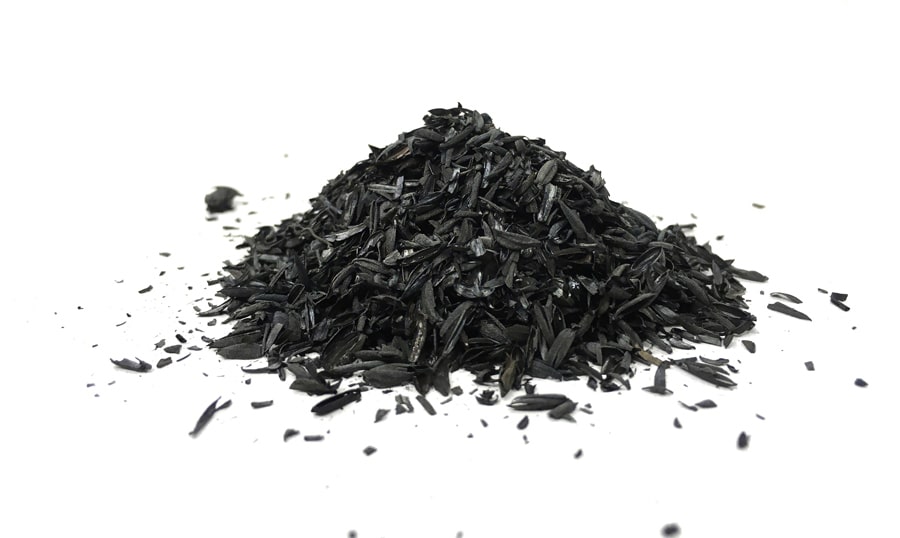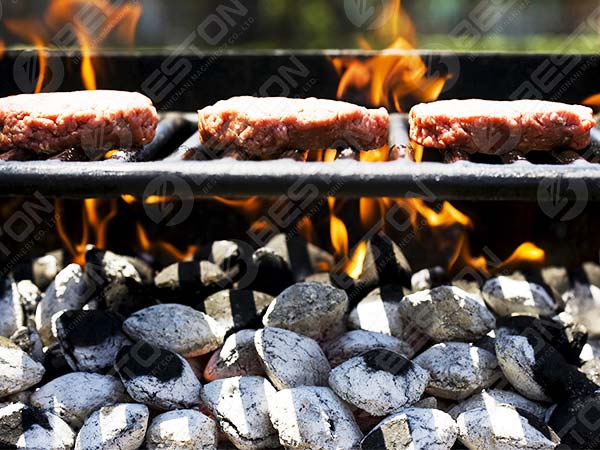As we navigate the complexities of environmental sustainability, innovative solutions are essential to combatting climate change and reducing our carbon footprint. One such solution that holds promise is biomass pyrolysis—a process that converts organic materials into valuable products like biochar, bio-oil, and syngas. While biomass pyrolysis has been explored in various sectors, its application in producing sustainable BBQ fuel offers an exciting avenue for reducing emissions and promoting eco-friendly practices in everyday life.
The Challenge of Traditional BBQ Fuel
Barbecue grilling is a beloved pastime for many, especially during warmer months when gatherings with family and friends are commonplace. However, the traditional fuels used in BBQ grills, such as charcoal and propane, come with environmental drawbacks. Charcoal production often involves deforestation and emits significant amounts of greenhouse gases, while propane combustion releases carbon dioxide and other pollutants into the atmosphere. Get high quality BBQ charcoal making machine here.

Biomass Pyrolysis: A Sustainable Alternative
Biomass pyrolysis presents a sustainable alternative to traditional BBQ fuels by utilizing organic materials such as wood chips, sawdust, or agricultural residues as feedstock. The process involves heating biomass in the absence of oxygen, resulting in the production of biochar, bio-oil, and syngas. These products offer several advantages for BBQ grilling:
- Biochar: A carbon-rich solid residue, biochar serves as an excellent BBQ fuel due to its high energy content and long-lasting burn. It provides consistent heat for grilling while imparting a smoky flavor to food, enhancing the grilling experience for enthusiasts.
- Bio-oil: While primarily used as a precursor for biofuels or chemicals, bio-oil can also be processed into BBQ starter fluids, providing a renewable alternative to petroleum-based products.
- Syngas: Although not directly used as BBQ fuel, syngas can be harnessed for energy generation, powering pyrolysis reactors or other cooking appliances, further reducing reliance on fossil fuels.
Environmental and Health Benefits
The adoption of biomass pyrolysis for BBQ fuel offers numerous environmental and health benefits:
- Carbon Neutrality: Unlike traditional charcoal production, which involves carbon emissions from deforestation and fossil fuel combustion, biomass pyrolysis is considered carbon-neutral. The carbon dioxide released during combustion is offset by the carbon stored in biochar, resulting in a closed carbon cycle.
- Reduced Emissions: By utilizing renewable biomass feedstock and producing clean-burning fuels, biomass pyrolysis reduces emissions of greenhouse gases and air pollutants compared to traditional BBQ fuels, contributing to improved air quality and climate mitigation efforts.
- Waste Reduction: Biochar production equipment provides a sustainable solution for managing organic waste streams, such as forestry residues or agricultural by-products, diverting them from landfills and incinerators.
- Healthier Cooking: Biochar produces less smoke and fewer harmful emissions during combustion compared to traditional charcoal, creating a healthier cooking environment for BBQ enthusiasts and reducing exposure to air pollutants.

Economic Opportunities and Social Impact
The adoption of biomass pyrolysis for BBQ fuel production with charcoal maker machine creates economic opportunities and positive social impacts:
- Local Production: Biomass pyrolysis can be implemented at a local or community level, enabling small-scale entrepreneurs to produce sustainable BBQ fuel from locally available biomass resources, thus stimulating rural economies and fostering job creation.
- Consumer Awareness: By offering sustainable BBQ fuel options, biomass pyrolysis raises consumer awareness about the environmental impacts of traditional fuels and encourages environmentally conscious purchasing decisions.
- Educational Outreach: Initiatives promoting biomass pyrolysis for BBQ fuel can serve as educational tools, teaching individuals about the benefits of renewable energy and sustainable practices in everyday life.
Challenges and Considerations
Despite its potential, biomass pyrolysis for BBQ fuel faces certain challenges and considerations:
- Feedstock Availability: Ensuring a consistent supply of biomass feedstock may pose challenges, particularly in regions with limited access to forestry or agricultural residues.
- Technology and Infrastructure: Developing efficient pyrolysis technologies and establishing infrastructure for biomass collection, processing, and distribution are essential for scaling up BBQ fuel production.
- Market Penetration: Overcoming consumer preferences and market dominance by traditional BBQ fuels requires targeted marketing strategies, education campaigns, and incentives to promote the adoption of biomass pyrolysis products.
Conclusion
Biomass pyrolysis offers a promising pathway towards cleaner and more sustainable BBQ grilling, aligning with global efforts to combat climate change and promote eco-friendly practices. By harnessing renewable biomass resources and producing clean-burning fuels like biochar, biomass pyrolysis reduces emissions, conserves natural resources, and fosters local economic development. As awareness grows and technology advances, biomass pyrolysis has the potential to revolutionize the way we grill, paving the way for cleaner roads ahead and a more sustainable future for generations to come. Check the Beston Group here.